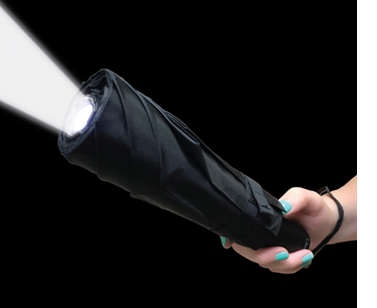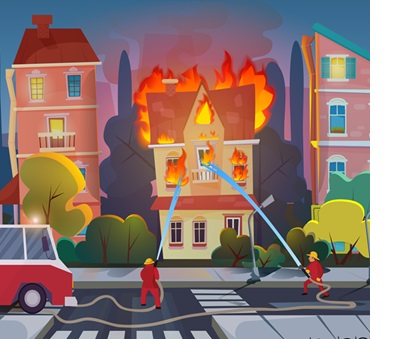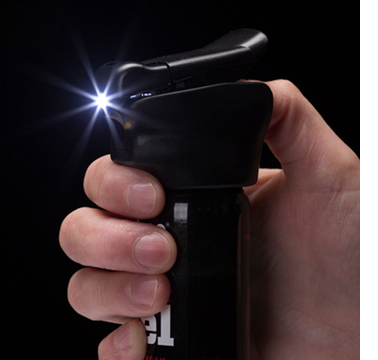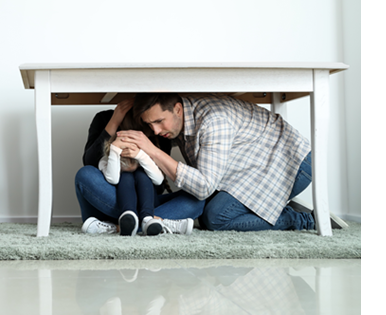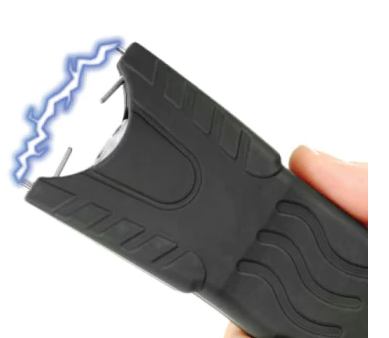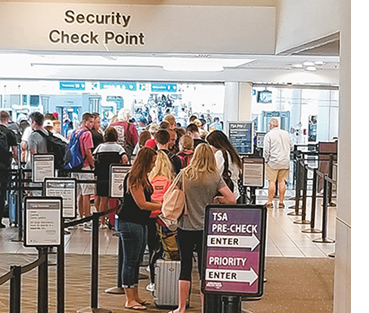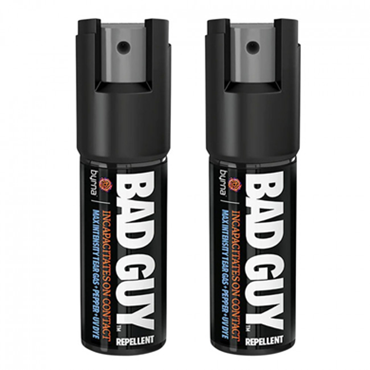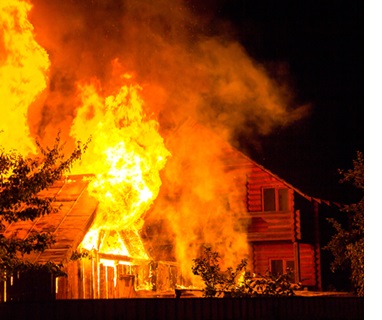Preventing Natural Gas Explosions in Your Home
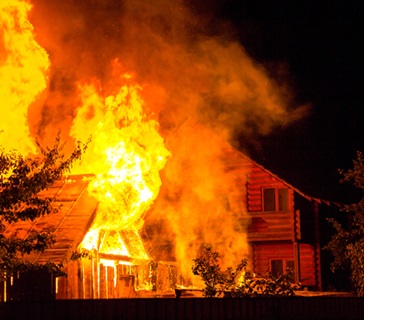 Natural gas is a common source of fuel for many homes, providing heat and power for appliances such as stoves, water heaters, and furnaces. However, if not handled properly, it can also pose a serious safety risk in the form of explosions. Here are some steps you can take to help prevent natural gas explosions in your home:
Natural gas is a common source of fuel for many homes, providing heat and power for appliances such as stoves, water heaters, and furnaces. However, if not handled properly, it can also pose a serious safety risk in the form of explosions. Here are some steps you can take to help prevent natural gas explosions in your home:
- Have your natural gas system inspected regularly. Regular inspections by a qualified professional can help identify any potential issues with your natural gas system before they become a problem. This includes checking for leaks, ensuring that all connections are secure, and making sure that all appliances are functioning properly.
- Install carbon monoxide detectors. Carbon monoxide (CO) is a colorless, odorless gas that can be produced when natural gas is burned incompletely. Installing CO detectors on every level of your home and testing them regularly can help ensure that you are alerted to the presence of this dangerous gas.
- Look for signs of a leak. If you suspect that there may be a natural gas leak in your home, look for the following signs:
- Know how to shut off the gas. In case of an emergency, it's important to know how to turn off the natural gas supply to your home. The main valve is typically located near the meter and should be turned clockwise to shut off the flow of gas. Make sure everyone in your household knows where the valve is and how to operate it.
- Don't use open flames indoors. Never use candles, lanterns, or other open flame devices inside your home if you have natural gas service. These items can easily ignite natural gas that has accumulated due to a leak.
- Keep flammable materials away from gas appliances. Items such as paint thinners, solvents, and cleaning fluids should be stored away from natural gas appliances, as they can produce vapors that can ignite if they come into contact with a spark from the appliance.
- Do not attempt to modify or repair gas appliances yourself. Only trained professionals should perform repairs or modifications to natural gas appliances. Tampering with these appliances can lead to leaks, which can result in an explosion.
- Use caution when digging in your yard. Before digging in your yard, make sure to call 811 to have utility lines marked. This will help prevent accidentally hitting a natural gas line, which could cause a leak and potentially lead to an explosion.
- Consider installing an automatic shut-off valve. An automatic shut-off valve is a device that senses changes in pressure and shuts off the flow of gas if a leak is detected. This can provide added protection in case of an emergency.
By taking these precautions, you can help reduce the risk of a natural gas explosion in your home.
What to do if you suspect a natural gas leak?
If you suspect a natural gas leak in your home, it is crucial to act quickly and carefully to minimize the risk of an explosion. Here are the steps you should follow if you detect a natural gas leak:
- Leave the area immediately. Do not try to find the source of the leak or turn on or off any lights or electrical appliances, as sparks from these devices could ignite the gas. Evacuate the building and move to a safe location away from the suspected leak.
- Call your natural gas provider or the fire department. Once you are safely outside, call your natural gas provider or the fire department to report the leak. Provide them with your address and any relevant information about the situation.
- Do not re-enter the building until it has been declared safe. Wait for the gas company or fire department to give the all-clear before entering the building again. They will need to inspect the premises and ensure that the leak has been contained before it is safe to return.
- Ventilate the area. Open windows and doors to allow fresh air to enter the building and help dissipate the gas. Avoid using fans or other mechanical ventilation systems, as these could create sparks.
- Extinguish open flames. Put out any cigarettes, candles, or other sources of open flames before leaving the building, and avoid turning on or off any light switches or electronic devices that could create sparks.
- Stay away from the affected area. Do not attempt to investigate or fix the leak yourself – leave this to the professionals. Keep children and pets away from the area as well, and warn neighbors to stay clear.
- Follow up with the gas company. After the incident has been resolved, follow up with your natural gas provider to ensure that the necessary repairs have been made and that the system is safe to use. You may want to consider having your natural gas system inspected more frequently to prevent future leaks.
Remember, if you ever suspect a natural gas leak in your home, don't hesitate to evacuate and call for help right away. Taking quick action can help prevent a minor issue from becoming a major disaster.





